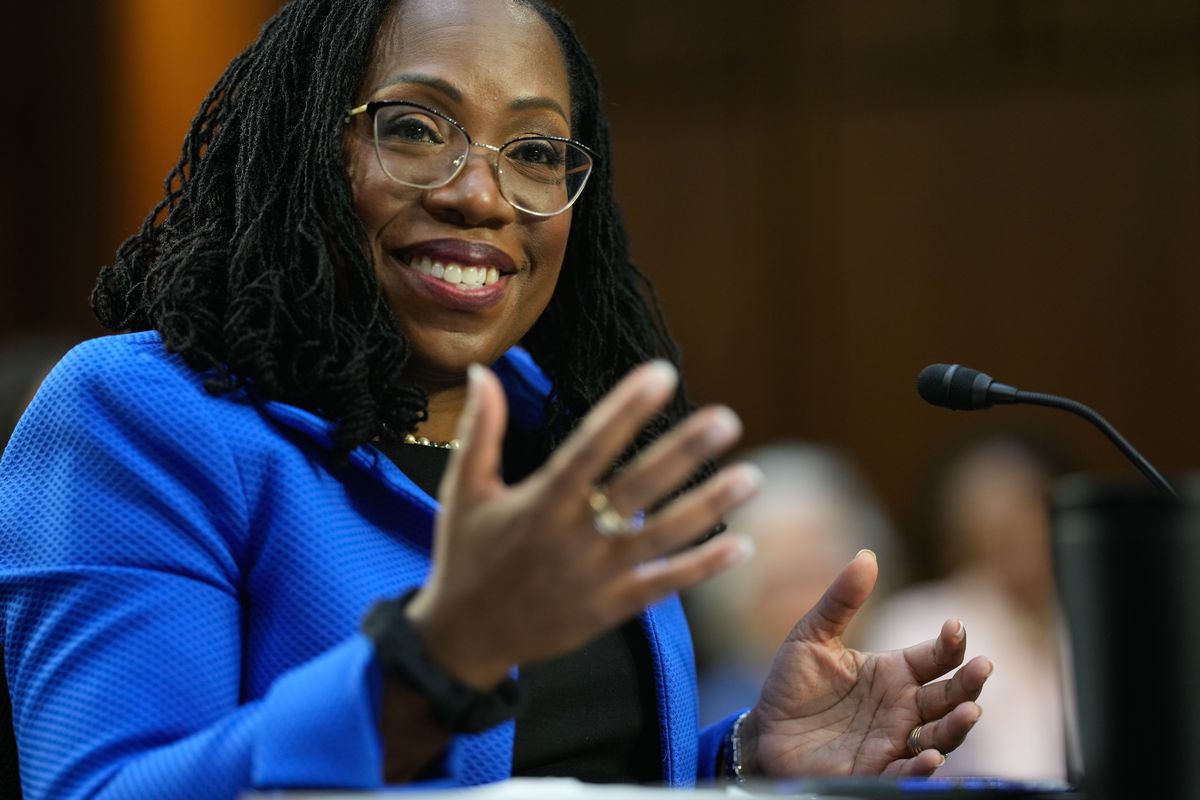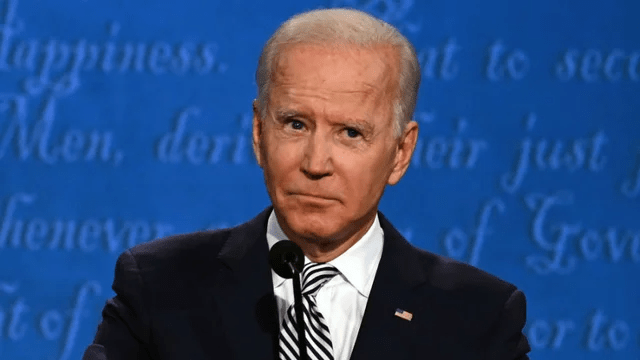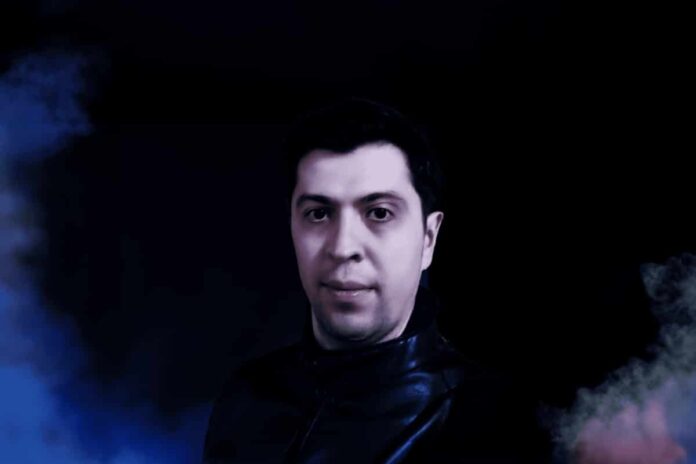This past February renowned criminal justice advocate Robert Rooks was named the new Chief Executive Officer of the REFORM Alliance.
Rooks replaced Van Jones who elevated to the Executive Board joining the likes of REFORM co-founders Meek Mill and Michael Rubin, Robert Kraft, JAY-Z, and more.
“With Robert Rooks as our CEO, the sky’s the limit for us at REFORM,” Jones said of Rooks. “When we first launched two years ago, I set out to build a robust team, elevate REFORM from a start-up to a high-performance organization and generate major legislative wins. We’ve made incredible strides on all three fronts. But Rooks is going to put a rocket booster under everything we have done so far. He knows how to build, he knows how to lead and he knows how to win. I am very proud to join the REFORM board, where I will be supporting him and the whole REFORM team to take everything to the next level.”
Coming into the role, Rooks recently assisted in restoring the voting rights for more than 1.4 million Floridians with past convictions and was the Organizing Director for California’s Prop 47 campaign in 2014. Since being in the CEO chair, REFORM has changed laws for the better in both Georgia and Virginia, with his eyes on the future.
Speaking with The Source, Robert Rooks detailed his road to the REFORM Alliance and what to expect from the collective in the future.
What originally sparked your interest in criminal justice reform?
I am a child of the eighties and nineties. I grew up in an area south of Dallas named Oak cliff. My neighborhood was a working-class neighborhood, we had a mechanic across the street. My dad was a minister. My mom was a nurse. We had a butcher, you know, we had working folks and I saw my neighborhood really fall apart by 1983 and then even more so by 1985 due to the crack epidemic. I saw working-class people and families go from being united to losing homes. It was right around 87, 88 when my home was impacted.
As a young person seeing all that unfold had a significant impact on me. My mom moved out of the neighborhood to an area south of Dallas called DeSoto a vibrant, energetic suburb where a lot of people were moving into DeSoto because of what was happening. So my mom moved and my dad stayed in the old neighborhood. So I had one foot in and one out and that gave me a perspective because all my friends in my old neighborhood were dying in the nineties. It was at my best friend’s funeral that I committed myself to make sure the next generation does not experience that. From that point on, I was looking to get involved in social justice and social change. I went to Connecticut and I was a community organizer there knocking on doors, ended up running and winning the first criminal and racial justice campaign at the state level. I built The Chi’s criminal justice program from scratch. They didn’t have one before 2008. The thing that people don’t realize is that when you talk to crime victims about what they want to see in justice, it isn’t lock up the criminal and throw away the key. They want real investments in their community to stop the cycle of crime. That’s what victims want, especially black and brown folks. They want the root causes of crime to be addressed. From our perspective, the work is holding systems accountable to meet the needs of people in the community, on the ground when they need them, as opposed to just having a prison cell for them.
Why Connecticut? How did you get there from Texas?
Graduate school. I went to the Prarie View A&M for undergraduate law, the best decision of my life. Then I got accepted into a graduate program at the University of Connecticut and their program encouraged you to go do the work. I was allowed to work in the upper Albany neighborhood in Hartford, Connecticut, in a neighborhood that was dealing with extreme poverty and gun violence. I remember early on knocking on folks’ doors, talking to them about public safety and what they want to see in a community. And I remember specifically talking to his mom who said that she wanted her kids to be able to go outside to play and that bothered me cause it reminded me of kind of what happened in Dallas. There was this belief that there was a one size fits all solution to that problem, which was, let’s just lock up all the guys on the street, and somehow that’s going to create safety. And the truth of the matter is it never did.
You are now with the Reform Alliance, which is backed by some high-profile names. What let you know that this was a proper place for the continuance of your work?
I heard about the Reform Alliance when they launched two years ago. I’ve done this for 23 years so I’ve seen kind of earlier iterations of the field and of the work and I remember when you could put just about all of us do justice policy work in one hotel conference room. It was a very small field at the time. So many of us have been working hard to increase the level of intention to bring this issue to full public discourse. So when I heard that folks the level of JAY-Z, Meek Mill, Robert Kraft, Michael Rubin came together to form an organization I was excited. Because we as a field needed and have been asking for increased elevation and intention on this issue. Not only got that, but we also got an influx of resources that were not previously available.
So I was excited about Reform. They hired folks that I know that are really serious about the work like Jessica Jackson and really hit the ground running. I ran a sister organization to Reform, Alliance for Safety and Justice and we did political work, but like I said before, mainly with crime survivors. Also, Van Jones is known for getting amazing groups off the ground by spending one, two years and then hiring someone to stabilize it. I’ve known Van and Jessica for years, and they and Michael Rubin reached out and asked if I was interested in taking on Reform and I found it to be an honor. I’m honored to be in an organization with such amazing leaders, folks that are titans in their own spaces, all coming together to address probation and the parole system in this country as both are often overlooked in the criminal justice reform space.
It’s a system that has 4.5 million people in it across the country. There are 2.2 million people in our prisons, but 4.5 million on probation and parole. And on any given day 25 to 30% in Virginia, 40% of people in the standing prison population are in on revocations, meaning prison because of a technical violation. There’s something seriously wrong with the probation and parole system in this country. Meek Mill’s story shows that someone that was on probation basically popped a Willie on a motorbike and ended up getting a two to four-year sentence. It makes absolutely no sense. It wasn’t a public safety decision. It just made absolutely no sense. And so Meek was just one of the millions that go through that each and every year. Every four minutes, someone gets sent back to prison as a result of a technical violation. It also brings attention to the waste of resources by our government.
With your role as CEO, is there a standard or practice that you go to when deciding on tackling the next project?
Great question. When you look at the incarceration numbers in this country, whether it be federal or state by state, there are drivers of incarceration. There are things that are happening in that state that result in large numbers of people being incarcerated in that state or in the federal system. So what criminal justice reform organizations across the country try and do is take a look at those drivers and see which part of those drivers we can address. So we’re constantly doing a landscape analysis to understand why those prison populations are the size they are, why people are being revoked and are still on probation and parole, then offering alternative policies or solutions to those problems. So that’s our approach, we start in the big states like California, Georgia has had some big wins there because ultimately we believed there are far too many people in the system. So let’s start with the big states and if we can win in those states that maybe we can create momentum for the other states.
I’m sure there are different political cultures and procedures in these states, how is it getting past the yellow tape of differing states?
I believe it’s all about relationships. What makes the Reform Board so important is we are bipartisan. We have Republicans and Democrats on our board. We have cultural influencers on our board. When we go into a state we see who has a relationship there, who is connected to the governor, the head of the senate, and the house. Is there a legislative champion who is willing and ready to take on this issue? We do that mapping. In Virginia for example, that’s our latest success. Don Scott and Meek started tweeting each other on social media and he challenged Meek to bring Reform to Virginia. I started working with another organization, Justice Forward, and Don Scott put together what I think is an impressive piece of legislation. Then started to work on the politics of that state. Reform played a huge role in that, Scott played a huge role in that. The politics were the right politics at the time, given that they had a governor that was willing to move. Sometimes it’s about being right and smart and you do everything the way you are supposed to. Sometimes the politics line up in your favor. Sometimes it’s a combination of both. In Virginia, it was all of the above and we pass a pretty significant piece of legislation. I think it’s going to help to thousands of people.
You speaking on building the legislation. How long does it typically actually take to form the concept, the ideas, the laws, the adjustments, whatever goes into it?
It’s a lot shorter now than it used to be. Let et me say that. And the reason why it’s a lot shorter now when I say a lot shorter, you can kind of analyze and get a good piece of legislation up over the course of a week or even a weekend. It’s shorter mainly because, in states across the country, this issue is being discussed. This issue is being vetted. Other pieces of legislation have been introduced. Most states have an analyst office or legislative analysts office that basically does research on the impact of bills. There are way more out there’s now than what it used to be 10, 15 years ago. Then it took a while because you just didn’t have the data available to you. So you had to spend more time doing the research.
One of the privileges of having that diverse board is securing a placement at Made in America, what do you aim to present at that festival and what other initiatives can you see Reform being able to have a prominent placement?
We’re excited about Made in America. This is our second time partnering with Made in America. They will have the Cause Village, which is an area of the concert where a number of different organizations will be able to set up booths. For us, it’s about educating people about the probation and parole system. We recently released a video called “Technically Illegal,” part of our Give Life Back campaign that tells the stories of people on probation and parole and what they go through, and how easy it is, unfortunately, for them to get revoked and sent back to prison or jail. So we’ll be out telling that story, showing a video, educating people, and encouraging people to become reformers. We have a short text code, 81411, just texts REFORM in caps. We’re going to have a QR code up. We’re hoping to bring as many people into the Reform family and to educate them about the issue. I want Reform Alliance to be how this generation experiences real change and makes a real impact. That’s my goal.
Are there any initiatives for the Reform Alliance that we will be hearing about in the near future that you’re excited about?
We will be launching a federal bill in the coming weeks. There are pieces still being worked on between our legislative champions and their offices. But we want to increase discretion in the federal system. We also hope to shorten the length of time people spend on probation in the federal system.







